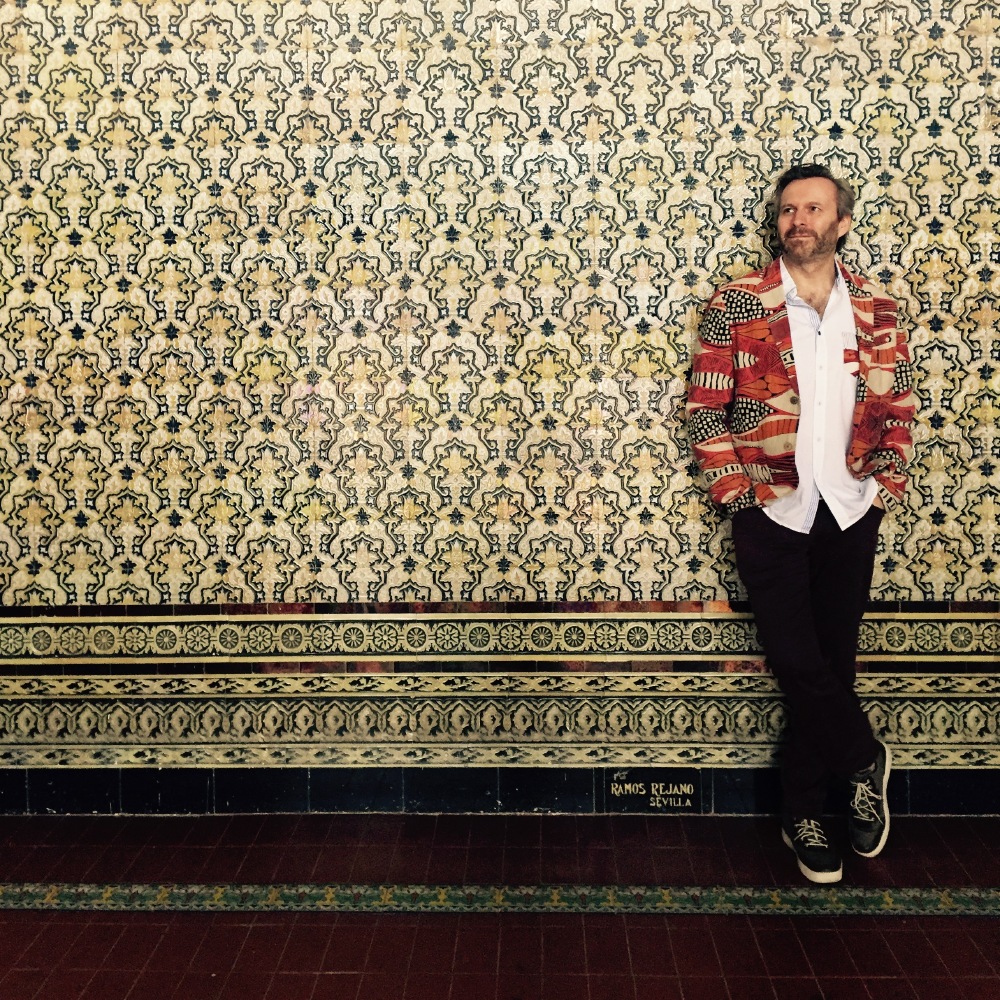Your brain likes an easy life. Capable of almost anything, rather than constantly growing, it spends much of its life doing the opposite to make your life easier.

Ian Gilbert
Our habits are as a result of this. The things we do without thinking. Ever tried to fold your arms the ‘wrong’ way and you’ll know what I mean. Life is so much easier when you don’t have to think about it.
Neurologically-speaking, what you have done is create networks of connections in your head which, when faced with a familiar situation, will ‘fire (literally, a combination of electricity and chemicals) the way they always do. In other words, the more you fire that network, the stronger it becomes until you have created what they call a ‘template’ – your automatic way of responding to the world.
But what if you want to think better? Not just think what you’ve always thought, but have new thoughts, better ones maybe?
Now, the brain may not like change but it is still pretty up for it, given the right circumstances. You can teach old dogs new tricks.
The secret is two-fold:
On one hand you have to stop thinking your old thoughts. ‘Pattern interrupts’ is what psychologists (and hypnotists) call them. Watch out for repeated patterns and simply stop doing them. Stay ‘stop’ to yourself or even out loud. Keep an elastic band around your wrist and flick it when you feel yourself slipping into old habits.
At the same time and, after all, you can’t not think, you have to put in in alternative. Consciously, to begin with, you have to come up with a new way of thinking about things.
For example, if I ask you to name a grey animal and you say ‘Hippo’, you have fired your template, come up with the quickest right answer you could, the one you always come up with, and now the pressure is off. But if I say name ten grey animals, you get to ‘hippo’ and realise that some real thinking has to begin. And if I say, name twenty, then you’re brain really has to work.
Indulging in a bit of philosophical thinking can help too, as it has down the centuries. Philosophy simply means to ‘love wisdom’ and by engaging with questions about love, life and death, you can really rattle your templates and stretch your brain into new shapes. What’s important here is that the questions have no right or wrong answers. After all, an answer is a cue to your brain to stop thinking (one of the reasons politicians and newspapers like you to think they have all the answers) but a question without an answer means you need to keep that brain going.
So, next time you need a brain workout, try asking yourself questions I call Thunks, questions like ‘Is being alive a choice?’, ‘Is a cat rude for not showing gratitude?’ and ‘Do you achieve more if you don’t care?’. Your brain won’t know what hit it!

Ian Gilbert is an educational innovator, founder of Independent Thinking Ltd, and author of The Compleat Thunks Book, published by Crown House Publishing, and available now on Amazon.
www.independentthinking.co.uk

